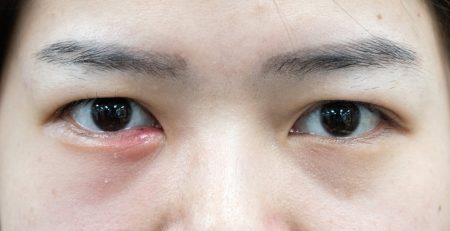Eye Orbital Surgery in Singapore: A Complete Guide
Eye orbital surgery is a specialized procedure that addresses conditions affecting the bony socket (orbit) surrounding the eye. This intricate area is crucial for eye function and aesthetics, and orbital surgery plays a vital role in treating both medical and cosmetic concerns. In Singapore, advanced medical facilities and experienced surgeons ensure patients receive top-quality care tailored to their needs.
Introduction to Orbital Surgery in Singapore
Eye orbital surgery in Singapore involves diagnosing and treating a wide range of conditions, including fractures, tumors, deformities, or infections of the orbital bones. It also addresses issues such as orbital decompression for thyroid eye disease, removal of orbital tumors, and reconstructive surgery following trauma.
Singapore is a trusted destination for orbital surgery due to its highly skilled specialists, access to advanced technology, and commitment to patient safety. Procedures are conducted by oculoplastic surgeons or orbital specialists with expertise in the anatomy and function of the eye socket, ensuring precision and successful outcomes.
Types of Eye Orbital Surgery
Several types of orbital surgery are available, depending on the condition being treated:
- Orbital Fracture Repair: Often required after trauma, this procedure realigns and repairs fractured bones in the eye socket to restore function and appearance.
- Orbital Tumor Removal: Surgery to remove benign or malignant growths while preserving vision and eye movement.
- Orbital Decompression Surgery: Commonly performed for thyroid eye disease, this procedure creates more space in the orbit to relieve pressure and reduce symptoms such as bulging eyes or discomfort.
- Reconstructive Surgery: For congenital deformities or post-surgical repair, reconstructive procedures restore normal orbital structure and function.
These surgeries are tailored to address the specific issue and optimize both functional and aesthetic outcomes.
Surgical Journey and Recovery
The surgical journey begins with a comprehensive consultation and diagnostic imaging, such as CT or MRI scans, to assess the orbital condition in detail. During the consultation, your surgeon will discuss the procedure, potential risks, and expected results.
Most orbital surgeries are performed under general anesthesia in a hospital setting, with durations varying based on complexity. Post-surgery, patients may experience swelling, bruising, or temporary discomfort, which typically subside in a few weeks.
Recovery involves following your surgeon’s aftercare plan, which may include using prescribed medications, avoiding strenuous activities, and attending follow-up appointments to monitor healing. Most patients can resume regular routines within a few weeks, depending on the procedure performed.
If you’re seeking expert care for orbital conditions, eye orbital surgery in Singapore provides solutions to restore comfort, function, and confidence. Book a consultation with Dr Roy today and explore your treatment options.











